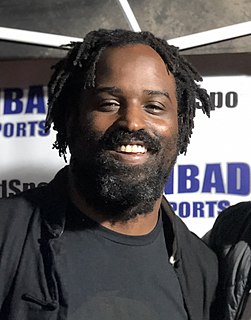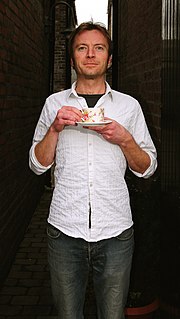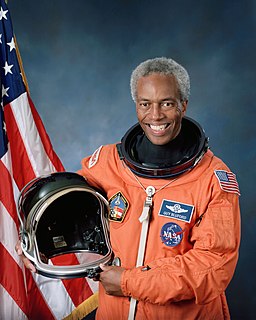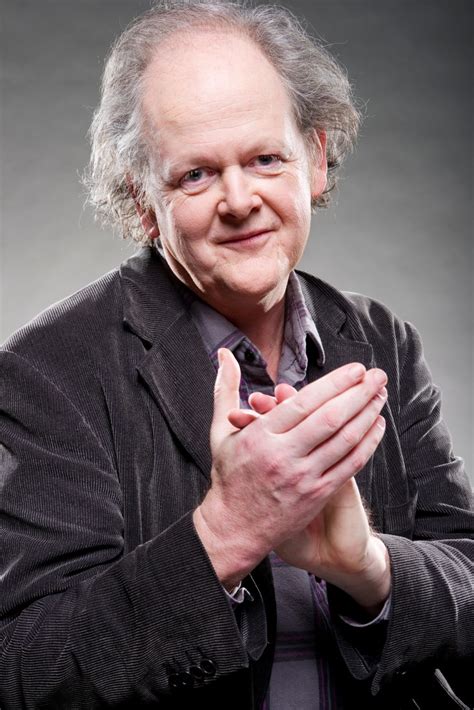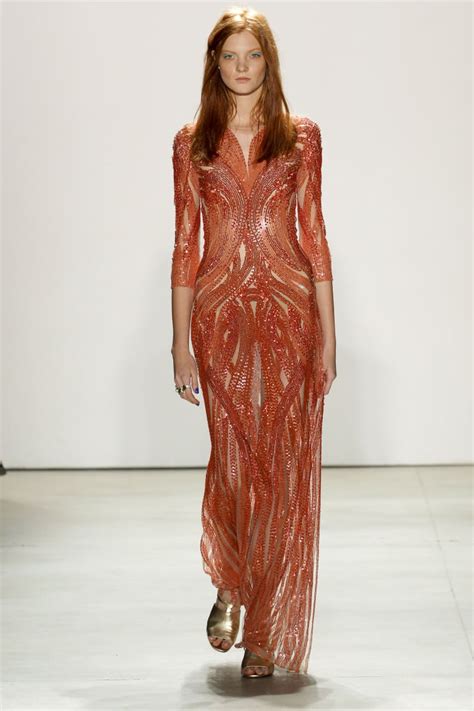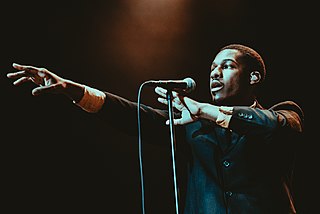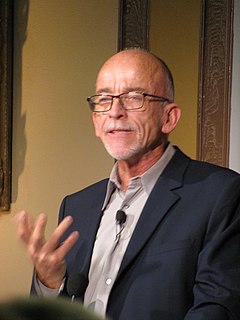A Quote by Rand Paul
I think when we think about the judgment of someone who might want World War III, we might think about someone who might shut down a bridge because they don't like their friends.
Related Quotes
But I think writing should be a bit of a struggle. We're not writing things that are going to change the world in big ways. We're writing things that might make people think about people a little bit, but we're not that important. I think a lot of writers think we are incredibly important. I don't feel like that about my fiction. I feel like it's quite a selfish thing at heart. I want to tell a story. I want someone to listen to me. And I love that, but I don't think I deserve the moon on a stick because I do that.
If I hadn't spent a big chunk of time in academia I might not have the depth of consciousness I do about ideas like that. I might think, for instance, that Freud was no big deal in terms of the shape of social organization then or now. I might think that the discourses of politics and law are real and stable and fair.
I think it's good to have a balance. Everything I write about, it's not something I necessarily might have went through, there's songs where I might have an idea, sometimes it might be a melody or something that I like, I make up a story to go with that melody. But I do think it's most important to have honest songs.
Grief does not seem to me to be a choice. Whether or not you think grief has value, you will lose what matters to you. The world will break your heart. So I think we’d better look at what grief might offer us. It’s like what Rilke says about self-doubt: it is not going to go away, and therefore you need to think about how it might become your ally.


